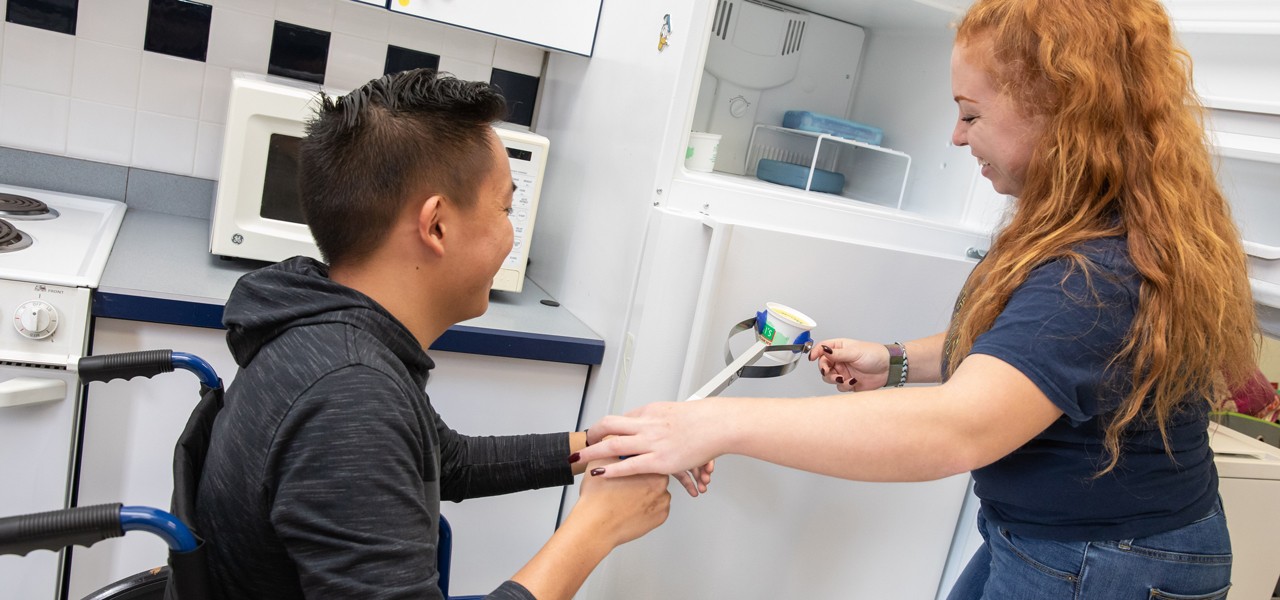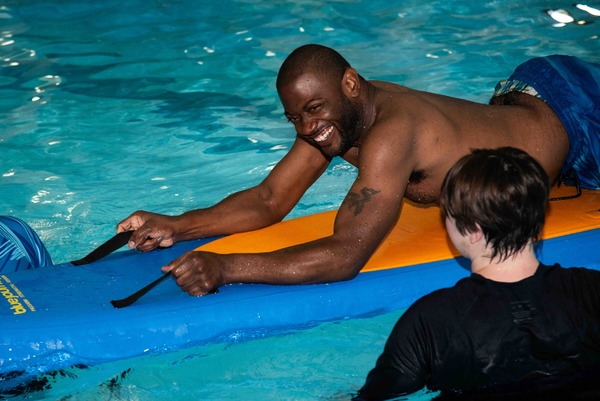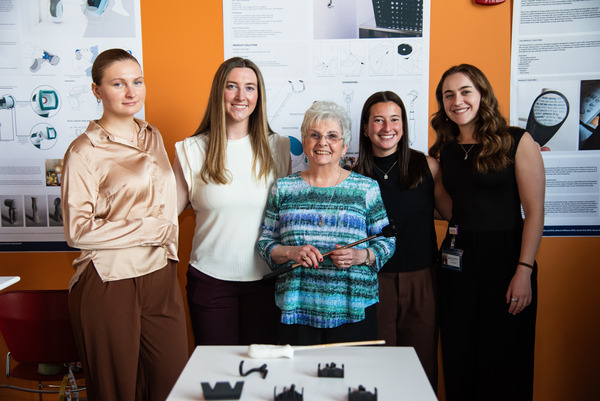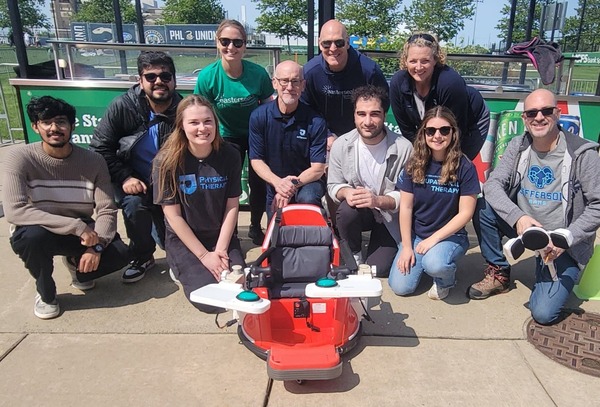Commitment to Equity
We strive to recognize the inherent value of diversity in human experiences, backgrounds, and perspectives. Our department is committed to fostering an inclusive environment that embraces individuals from all walks of life. We believe that acknowledging, sharing, and respecting diverse identities enriches our understanding of occupations, and enhances our ability to provide effective education, services, and scholarship; contributing to the holistic well-being of all students, clients, and practitioners. We promote equitable freedom of choice and access to meaningful participation in occupations and contribute positively to the overall betterment of society.
In alignment with our department’s philosophy, we aim to foster diversity, equity, justice, and social inclusion in all aspects of professional lives. We are committed to creating an inclusive and culturally sensitive learning environment that values and respects the diverse identities of our faculty, students, clients, and communities. This commitment extends to educating our students in these practices in the classroom and through experiential learning. We intend to be change agents in diversifying the occupational therapy workforce and address disparities in access to and participation in occupations, ensuring that all humans can fully engage in and benefit from the transformative power of occupational therapy.




